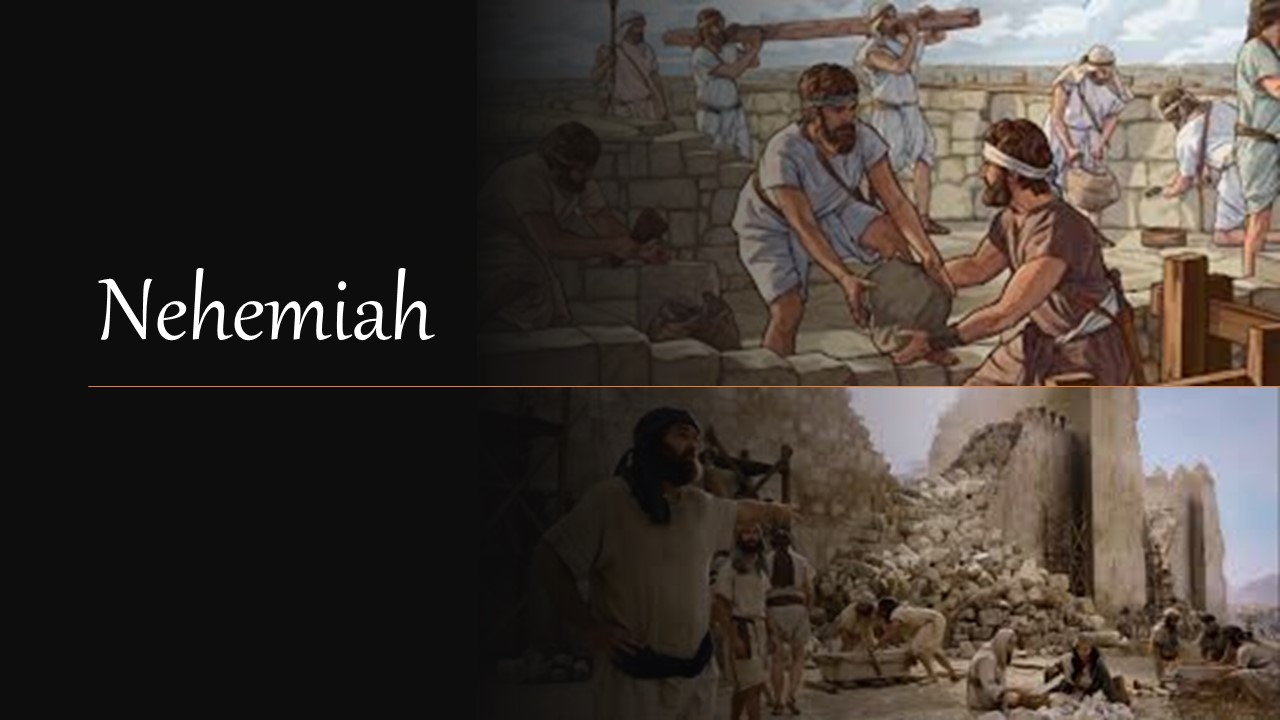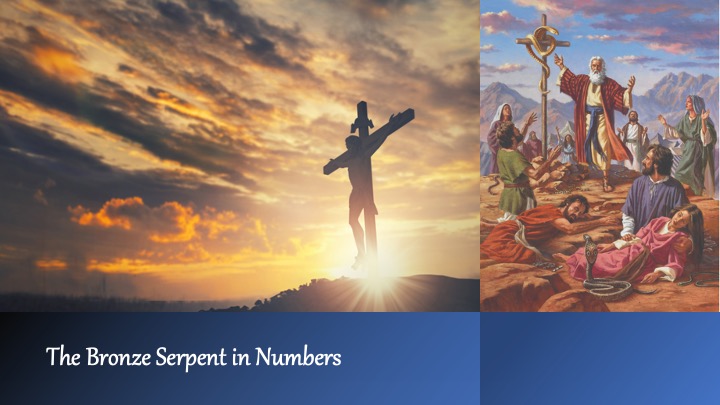Maisie and her family attend a church production of the old morality play, "Everyman," a story that delves into the themes of morality, repentance, and salvation. The play begins at a crossroads where Everyman, burdened by worldly possessions, encounters Gabriel, a celestial messenger. Gabriel challenges Everyman to examine the worth of his material wealth in the face of eternity, prompting a realization of unfulfilled spiritual obligations and neglected virtues. This revelation leads Everyman to repent and seek redemption.
The play introduces the Good Deeds – Fellowship, Kindred, Confession, Compassion – symbolic representations of virtues awakened by Everyman's remorse. Gabriel encourages Everyman to nurture these virtues as companions on his journey to salvation. The play concludes with Everyman embracing a path of faith and righteousness, guided by Gabriel and his good deeds.
After the play, Maisie's grandfather explains how angels, including Gabriel, communicated God's messages to key figures in the Bible, from Abraham to Mary and Joseph, and played an integral role in guiding the Wise Men and protecting the Holy Family. The discussion highlights the multifaceted roles of angels as mediums of divine communication, instruments of guidance, witnesses to miracles, and silent guardians, emphasizing their importance in the Christmas narrative. The family's conversation underscores the angels' enduring legacy of hope and joy, illustrating their significance beyond mere ornamental roles in the story of Christ's birth.

Nehemiah was a 5th-century BC Jewish leader who served as the governor of Judah after the Babylonian exile. He is best known for his...

In this episode of the 10:10 Thrive Podcast, we explore a moment when Jesus confronts the disciples after they argue about who among them...

Throughout the wilderness wanderings of the Israelites, God was constantly teaching them things about Himself and about their own sinfulness. He brought them into...